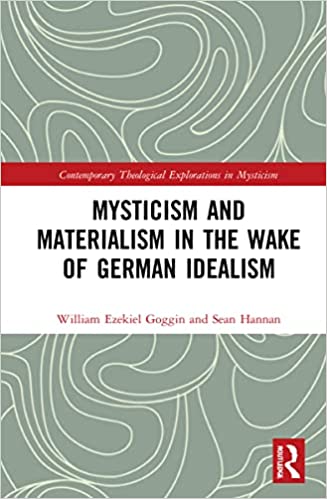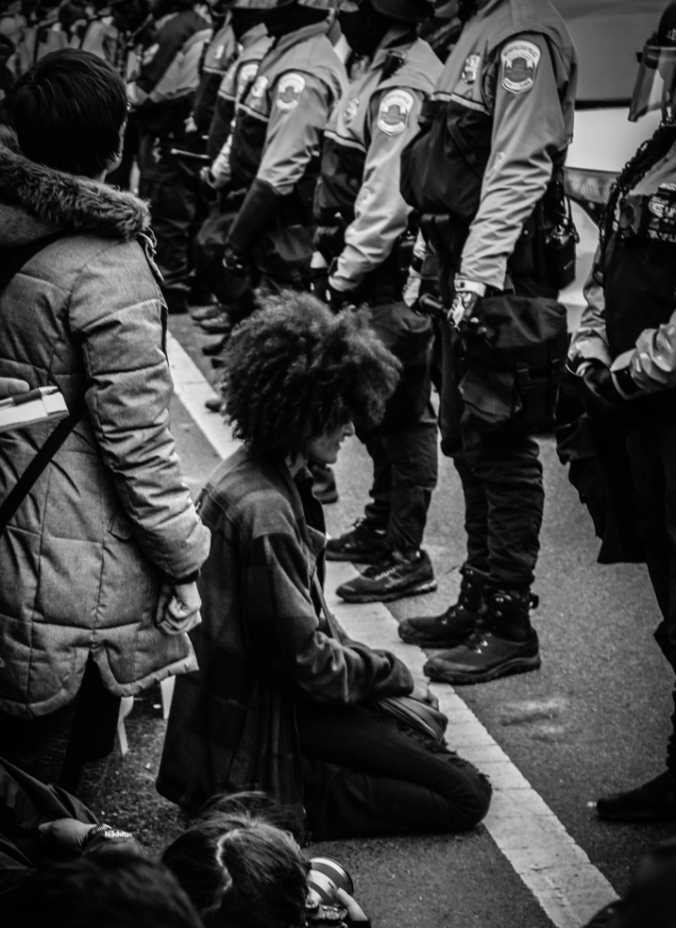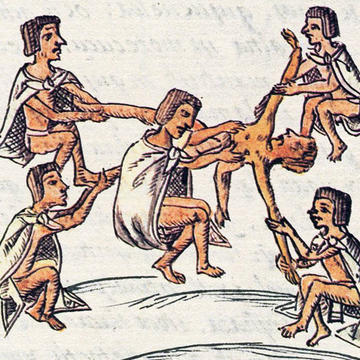Teacher, writer, editor, &c. I received my PhD in 2019 from the University of Chicago for a dissertation on Hegel. I recently co-authored Mysticism and Materialism in the Wake of German Idealism along with Sean M. Hannan (MacEwan). Presently, I am preparing an article on the relationship between Hegel’s racism and speculative philosophy of religion, a book proposal on sacrifice and enlightenment in Hegel and post-Hegelian European philosophy, and a proposal for an edited volume on varieties of mysticism and historical materialism.
My work is situated at the crossroads of post-Kantian idealism and romanticism and medieval mysticism. Thematically, my research focuses on negativity, temporality, imagination, and freedom. I am concerned to understand how these transcendental and speculative themes shape philosophical perspectives on religion, community, race, and the arts. I am also interested in psychoanalysis, phenomenology, and 20th century French thought.
I am currently an Adjunct Professor of philosophy at Kentucky Wesleyan College where I teach introductory courses in Philosophy, Ethics, Logic, and advanced courses in the Philosophy of Religion. I am also a contractor and technical writer.
I served as Visiting Assistant Professor of Religious Studies at Skidmore College in 2019-2020 and was a Research Associate at that same institution during the 2020-2021 Academic Year. I have also taught courses at University of Louisville and Centre College. I was a Dissertation Fellow (2017-2018) during the inaugural year of the Humanities and Social Change International Foundation’s center at the University of California Santa Barbara and am a former Junior Fellow (2016-2017) at the Martin Marty Center for the Public Understanding of Religion at the University of Chicago.
Selected Works

Mysticism and Materialism in the Wake of German Idealism
March, 2022
“This highly original study of the reception of Platonistic, Eckhartian, and Cusan mysticism in German Idealism, Romanticism, and modern materialism, is a most welcome development and long overdue in the scholarship… a wonderfully passionate and eloquent defense of the power, possibility, and continuing relevance of Neoplatonic mystical thought.”
– David W. Wood, associate editor of SYMPHILOSOPHIE and editor of The Enigma of Fichte’s First Principles
“This is a wonderfully thoughtful and deeply erudite book… a fascinating and superbly informative study that considers a broad but focused range of mystical figures and their singular – even if often unacknowledged – importance in modernist political and philosophical assumptions.”
– Françoise Meltzer, University of Chicago
Lost in Translation?: Reflections on the Move From Graduate Student to Junior Faculty Member
Nov 3, 2019
Poring over yellowed manuscripts is not the only sort of translational work early career scholars must do. There is also the question of translating their “grad student skills” into the pedagogical skills necessary for success as a junior faculty member. But there is no simple, one size fits all approach to this challenge.


Great Expectations: Navigating the Gamut of Student Views on “Religion”
March 8, 2020
Teachers of religion ought not aspire to be members of a hermeneutical police force. We are best equipped to reach a diverse range of students, not by ordering them to toe a certain line, but by helping them to interrogate that line. Why was it drawn that way? Who drew it? Might it be drawn a different way? Effectively engaging students in these sorts of conversation involves, in my view, a strategic process of upsetting student expectations about what religion is, about what goes on in a religious studies classroom.
Hegel and Bataille on Sacrifice
October 2018
In Georges Bataille’s view, the Hegelian interpretation of kenotic sacrifice as passage from Spirit to the Speculative Idea effaces the necessarily representational character of sacrifice and the irreducible non-presence of death. But Hegel identifies these aspects of death in the fragments of the 1800 System. In sacrificial acts, subjectivity represents its disappearance via the sacrificed other, and hence is negated and conserved. Sacrifice thus provides the representational model of sublation pursued in the Phenomenology as a propaedeutic to Science. Bataille’s critique clarifies the fragments of the 1800 System, contextualizing Hegel’s rehabilitation of kenotic sacrifice in the Phenomenology. Bataille’s poetics parodies Hegelian kenosis via repetition of material difference, enacting an ecstatic temporality which Hegel perhaps suppresses as the condition of his system. Finally—if Bataille is correct in his assessment—the system would be subjected to a reversal, with radical implications for the philosophy of religion.

